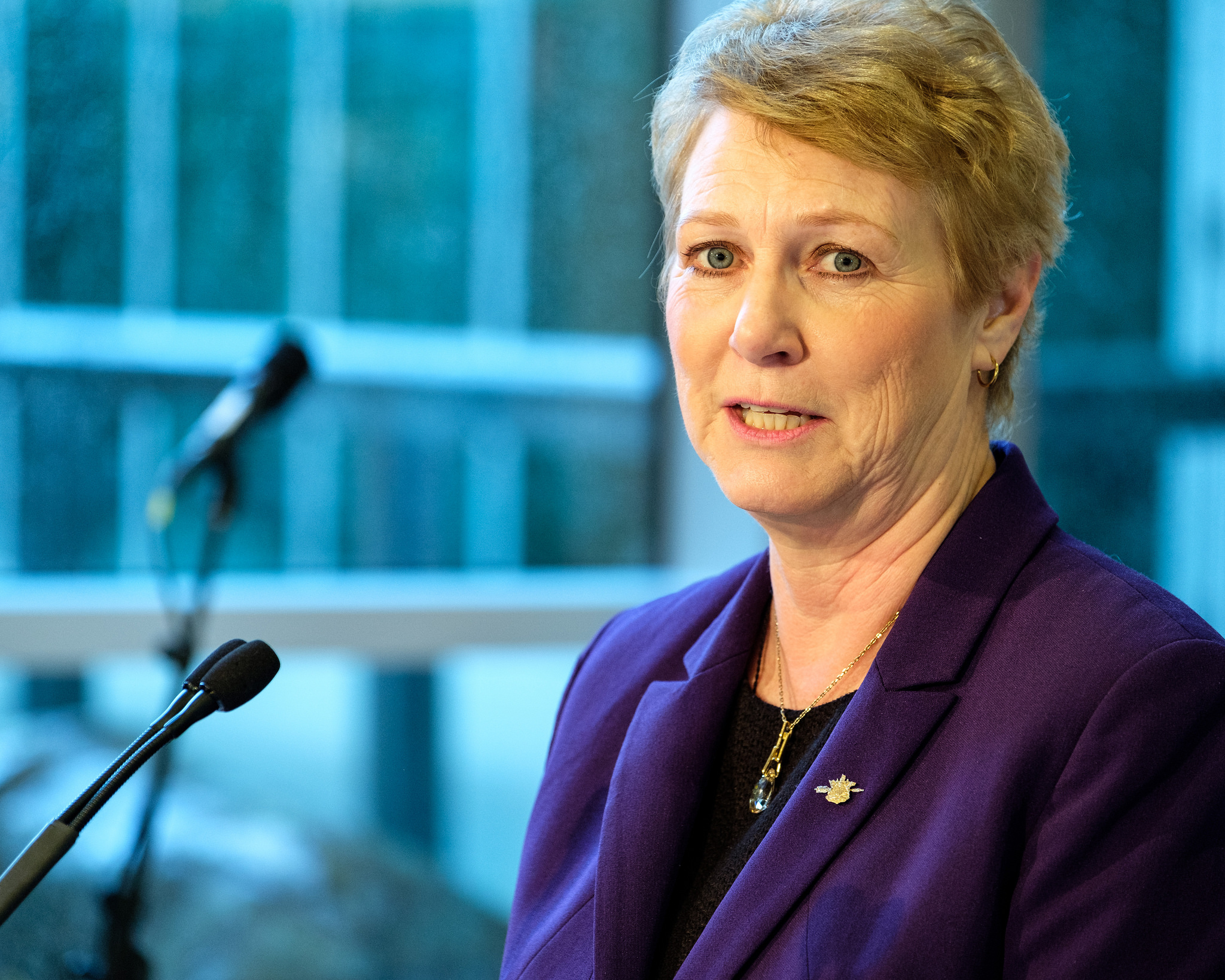Young people leaving foster care in British Columbia were five times more likely than other youth to die, according to a review by the provincial chief coroner’s office.
“Although many young people leaving care or youth agreements show great resilience and strength as they transition to adulthood, they also face many more challenges than their peers,” a report on the deaths found.
“They may lack a family support network, have limited or no financial resources, often lack life skills, and often have not completed school. They may suffer from low self-esteem and be scarred by trauma associated to violence, childhood neglect and/or abuse.”
The review looked at 1,546 deaths of young adults between the ages of 17 and 25 between 2011 and 2016. They included deaths classified as accidental, suicide, undetermined, natural or homicide.
It found that 200 of the deaths, 13 per cent, were of young people who had been in government care or otherwise involved with the Ministry of Children and Family Development.
“These young people leaving government care died at five times the rate of the general population of young people in British Columbia.”
Katrine Conroy, who became the minister of children and family development after the NDP formed government in 2017, said the number of deaths is too high. “It’s an awful number and we have to do more to ensure that we have supports in place and that’s what the ministry’s working on.”
The government is already acting on some of the recommendations, she said, including increasing funding and providing more support for young people after they turn 19.
“It’s been a priority for the ministry to ensure that care plans are undertaken, so that they’re completed and social workers and youth workers work with the youth as they transition out of care,” she said.
“We have to have better services in place for young people that transition out of care,” she said, adding that it’s her mandate to bring the number of deaths down and that it’s something she feels strongly about. “It’s been an issue we’ve been discussing since I became minister, to make sure that we have better supports in place for young people, because that’s the bottom line.”
The 41-page report BC Coroners Service Death Review Panel: Review of MCFD-Involved Youth Transitioning to Independence: January 1, 2011 - December 31, 2016 recommended expanding agreements with young adults transitioning out of government care to address what they identified as their needs.
It also said the government should “ensure collaboration to support effective planning and service provision” and monitor the effectiveness of the support services it provides to youth leaving care. ![]()
Read more: Rights + Justice

















Tyee Commenting Guidelines
Comments that violate guidelines risk being deleted, and violations may result in a temporary or permanent user ban. Maintain the spirit of good conversation to stay in the discussion.
*Please note The Tyee is not a forum for spreading misinformation about COVID-19, denying its existence or minimizing its risk to public health.
Do:
Do not: